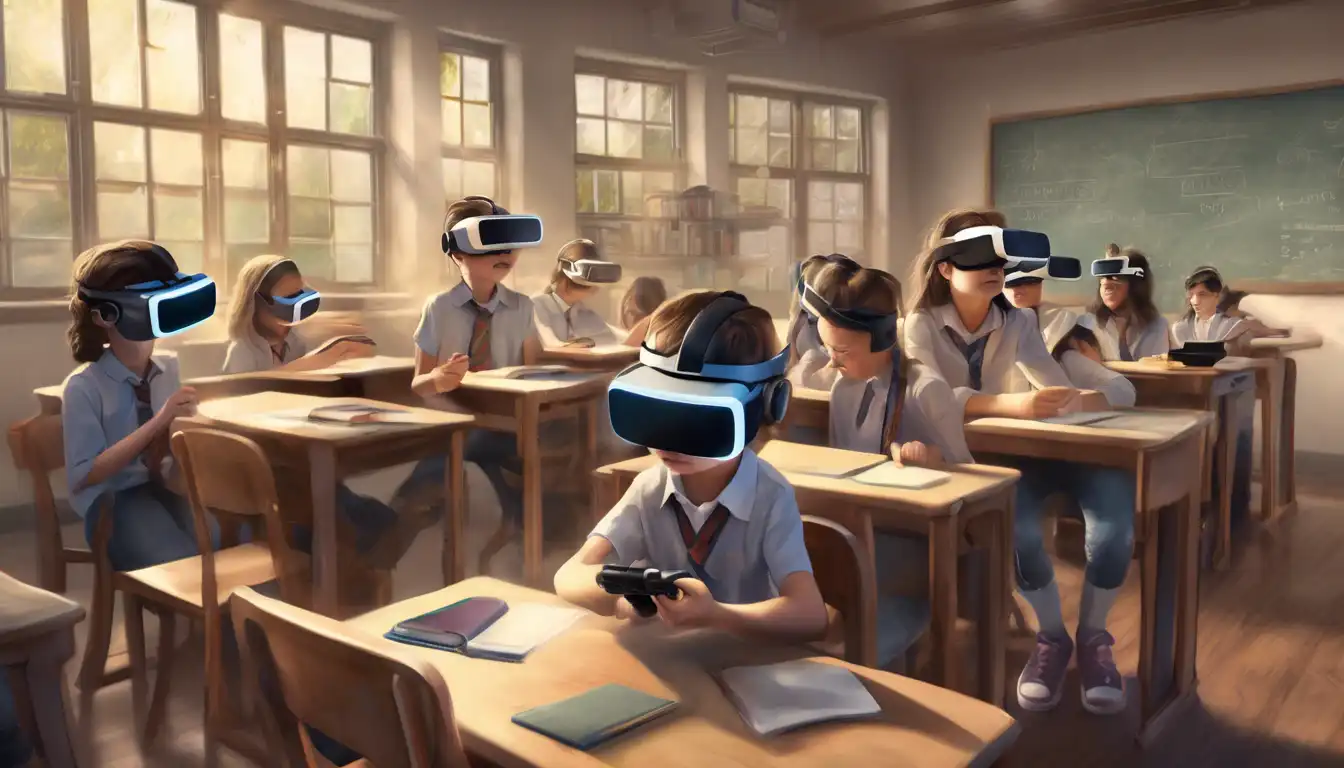The Transformative Impact of Virtual Reality on Learning Environments
Virtual Reality (VR) technology is revolutionizing the educational landscape, offering immersive learning experiences that were once unimaginable. By simulating real-world environments, VR provides students with the opportunity to explore complex concepts in a hands-on manner, enhancing understanding and retention.
Why VR in Education?
The integration of VR into educational settings addresses several challenges faced by traditional learning methods. It caters to various learning styles, making education more inclusive and accessible. Here are some key benefits:
- Enhanced Engagement: VR's immersive nature captures students' attention, making learning more engaging and enjoyable.
- Improved Retention: Experiential learning through VR helps in better retention of information by involving multiple senses.
- Safe Learning Environment: VR allows students to practice skills and experiments in a risk-free setting, ideal for medical and engineering education.
- Global Classroom: VR breaks geographical barriers, enabling students to explore world landmarks, historical events, and scientific phenomena without leaving their classroom.
Applications of VR in Education
From elementary schools to universities, VR's applications are vast and varied. Here are some examples:
- Virtual Field Trips: Students can visit the pyramids of Egypt or the surface of Mars, making geography and science lessons more vivid.
- Medical Training: Medical students can perform virtual surgeries, gaining valuable experience without the risks associated with real-life procedures.
- Language Learning: Immersive VR environments simulate real-life conversations in foreign languages, enhancing language acquisition.
- Special Education: VR offers customizable learning experiences for students with special needs, catering to their unique learning requirements.
Challenges and Considerations
Despite its potential, the adoption of VR in education faces hurdles such as high costs, the need for technical infrastructure, and the development of quality educational content. However, as technology advances and becomes more affordable, these challenges are gradually being overcome.
The Future of VR in Education
The future of VR in education is bright, with ongoing advancements promising even more innovative and effective learning tools. As educators and technologists collaborate, the potential for VR to transform education is limitless, making learning an exciting adventure for students worldwide.
For more insights into innovative learning technologies, explore our EdTech Trends section.
